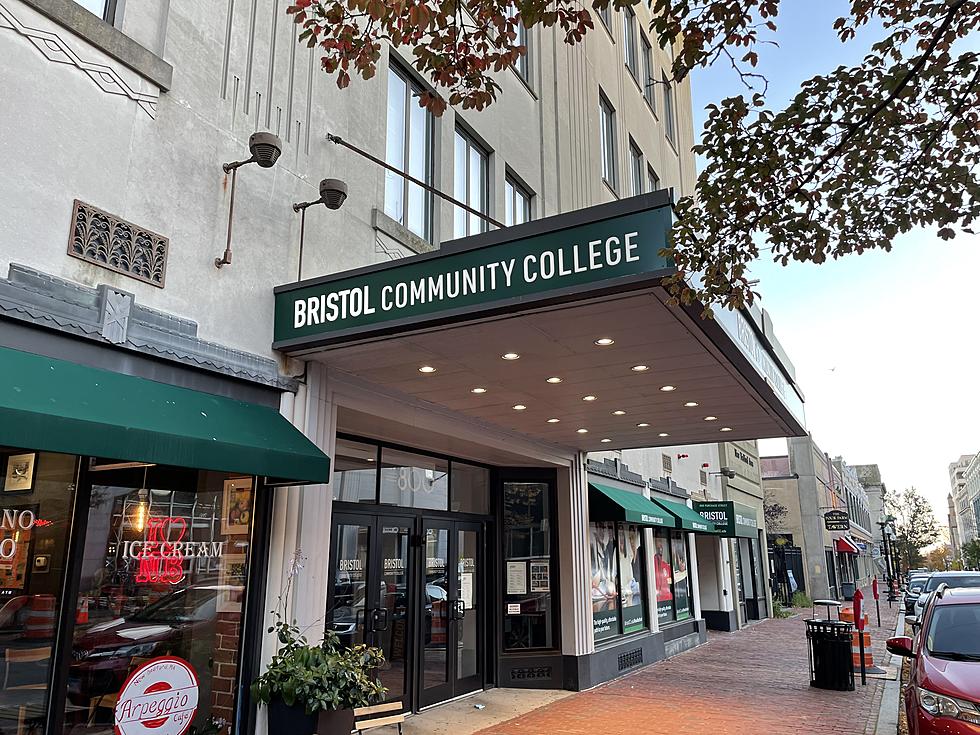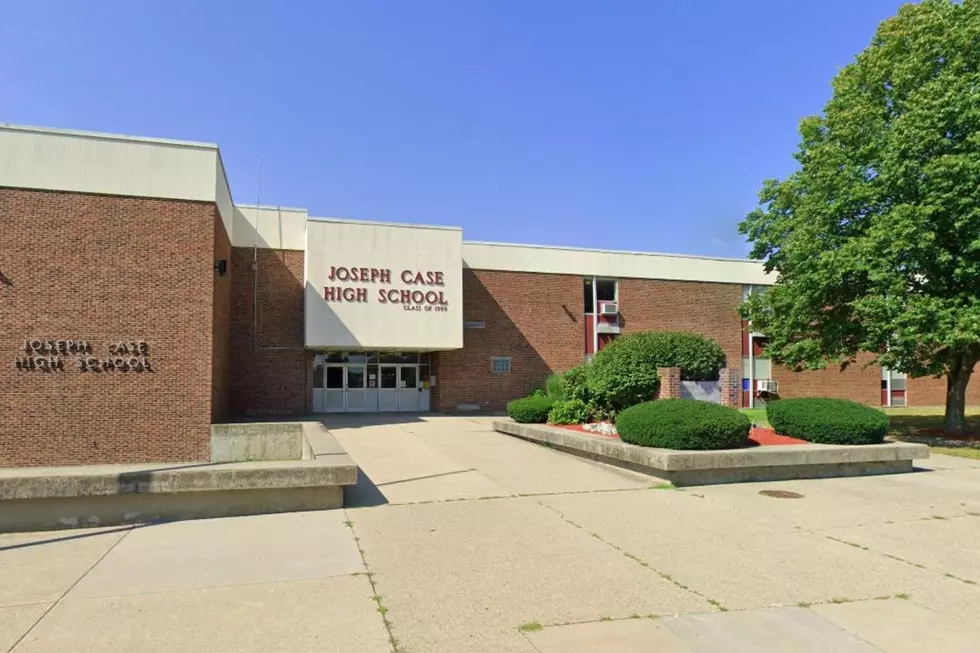![Offshore Wind Is the Future of the SouthCoast Economy [OPINION]](http://townsquare.media/site/518/files/2021/07/attachment-IMG_8787.jpeg?w=980&q=75)
Offshore Wind Is the Future of the SouthCoast Economy [OPINION]
On Thursday, elected officials and community leaders had the opportunity to tour the site of what will be the National Offshore Wind Institute (NOWI), spearheaded by Bristol Community College.
The site was barren as production is yet begin, but NOWI provided visuals that allowed the attendees to conceptualize what will be a groundbreaking facility that will foster economic growth in the form of career opportunities and continuing education for those seeking a career in the exciting new industry of offshore wind.
Elected leaders in attendance recognized the pioneering nature of this endeavor.
"Today's tour of the Bristol Community College National Offshore Wind Institute reinforced what we already know: that New Bedford is ground zero for the offshore wind industry in the United States." said Congressman Bill Keating. "The skills taught at NOWI will enable a new generation of green energy workers to help build and maintain our first-in-nation large-scale offshore wind projects here in Massachusetts and around the country."

Rep. Jake Auchincloss, who recently spoke with me on-air about this topic, called NOWI a "generational investment" in clean energy, and recognized the younger generations environmental consciousness as a key driver of this institute's success.
"Offshore wind is about creating more big jobs for the millennial generation who are oriented towards the ocean, who want to continue the seafaring tradition of their predecessors," he said. "They're doing it in a growing industry."
Senator Ed Markey committed to reintroducing the Offshore Wind Jobs and Opportunity Act, and hinted at a potentially big announcement regarding Vineyard Wind. State Reps Tony Cabral and Chris Hendricks also expressed their enthusiasm for NOWI during the tour.
As Mayor Jon Mitchell correctly pointed out, this project capitalizes on what the region does best, fostering a thriving port economy. It distinguishes the Greater New Bedford region from the major metropolitan areas that generally receive the lion's share of economic investments.
The climate crisis remains our greatest existential threat; following close behind is the economic fallout from the COVID-19 pandemic. Investments such as the National Offshore Wind Institute leverage the region’s unparalleled shoreline assets to address both crises in a comprehensive way while looking to the future by creating new job opportunities in local industry, and positioning Southeastern Massachusetts to be a global leader in sustainable energy and economic growth.
Marcus Ferro is the host of The Marcus Ferro Show airing Saturdays on 1420 WBSM from 1 p.m. to 4 p.m. Contact him at marcusferrolaw@gmail.com. The opinions expressed in this commentary are solely those of the author.
The 15 Coolest Lighthouses Along the SouthCoast and Cape Cod
Old Superstitions That Sailors Believed at Sea
More From WBSM-AM/AM 1420









